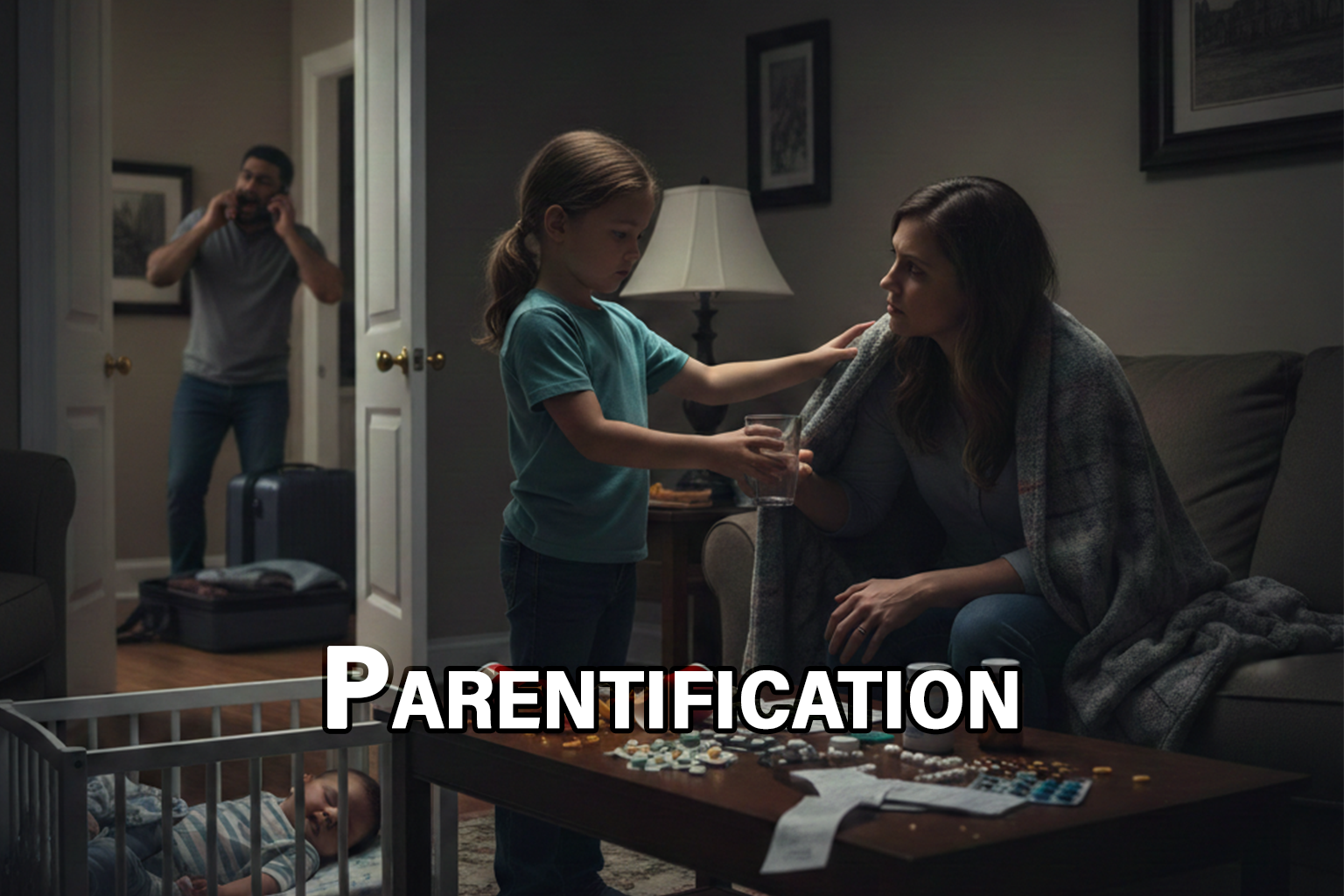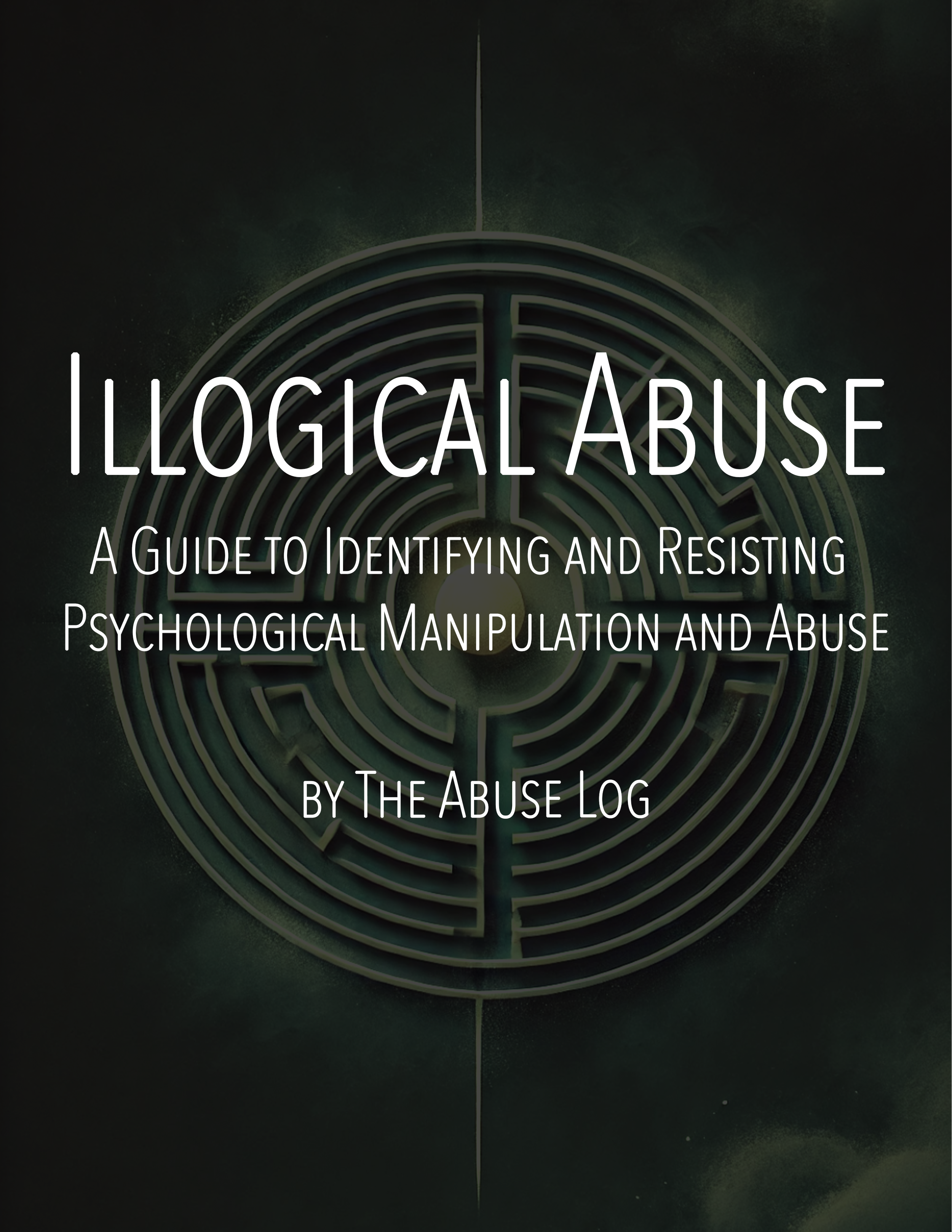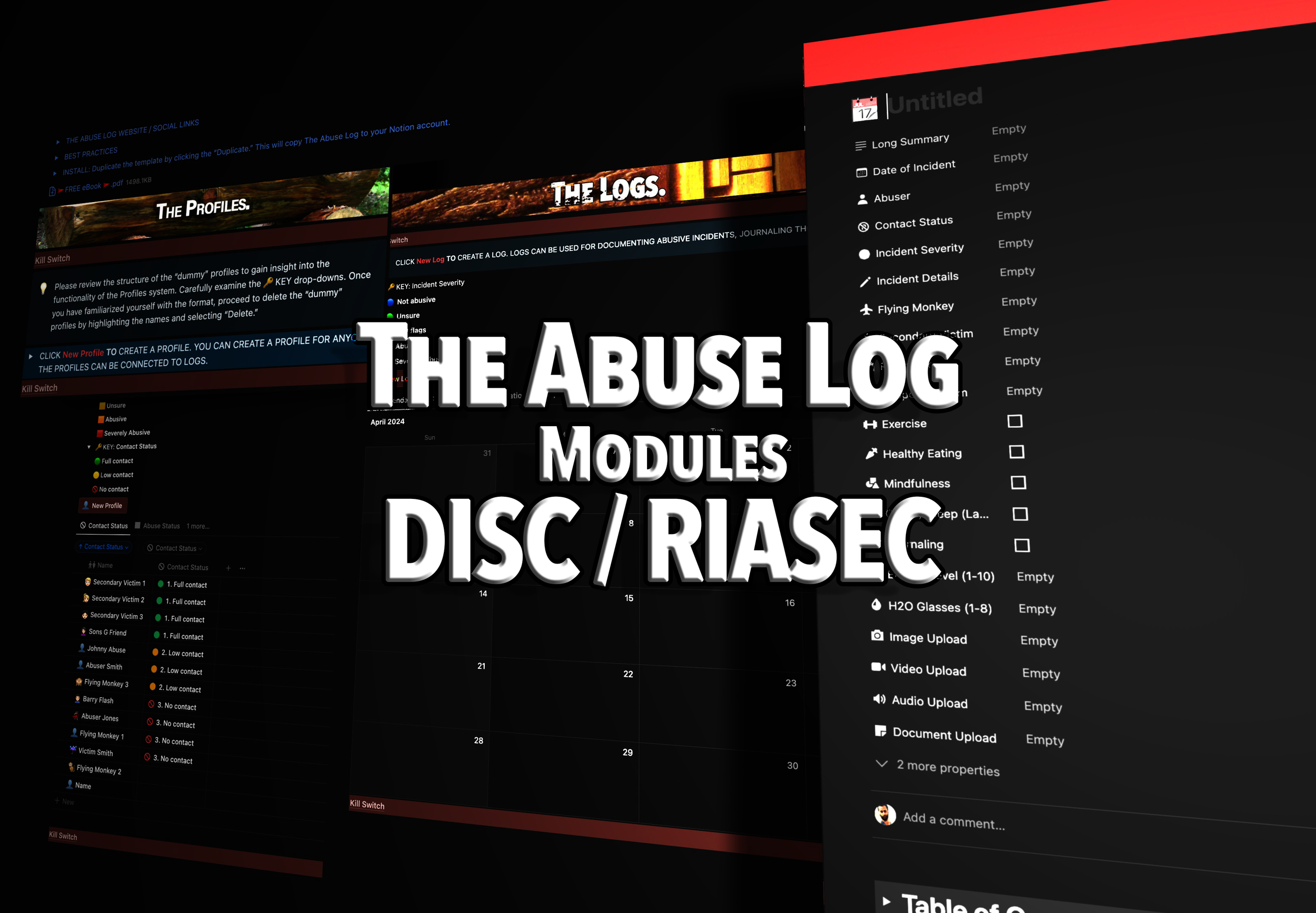Balancing Brains and Heart: Representing Yourself in Family Court
Representing yourself in family court, also known as going pro se, is an extraordinary act of courage, determination, and, at times, desperation. It’s a role that demands the mental precision of a seasoned attorney while carrying the emotional weight of a parent fighting for their child's well-being. For many, this journey feels like walking a tightrope stretched impossibly thin between two towering cliffs: on one side, the cold, logical machinery of the legal system; on the other, the raw, unfiltered passion of parental love.
In this post, we’ll explore the profound challenges of self-representation in family court—how it tests intellect, patience, and emotional resilience. More importantly, we’ll offer insights into maintaining balance on this precarious path while keeping sight of the ultimate goal: securing the best possible outcome for your children.
The Legal Battlefield: Learning the Language of the Courtroom
The courtroom is an arena where words are weapons, deadlines are non-negotiable, and procedural missteps can be catastrophic. As a pro se litigant, you’re expected to navigate this terrain with the precision of a professional lawyer. Judges, while often patient, will not grant leniency simply because you’re unrepresented.

Understanding the Rules of Engagement
Family court operates on strict rules—rules of evidence, rules of procedure, and rules of decorum. Missing a filing deadline, failing to properly serve documents, or misquoting a legal statute can weaken your position, no matter how valid your arguments might be.
Tip: Invest time in understanding your local court rules and procedures. Resources like self-help centers, online legal libraries, and court-sponsored workshops can be invaluable.
The Challenge of Objectivity
Lawyers are trained to detach themselves from their client’s emotional experiences. As a pro se litigant, you are both the client and the advocate—a dual role fraught with conflict. Objectivity can feel nearly impossible when every argument and counterargument directly affects your child’s future.
Tip: Write your arguments down and revisit them after some time has passed. Distance can bring clarity.
The Emotional Weight: Advocating as a Parent
Unlike lawyers, who often represent multiple clients simultaneously, you have one case—your own. And that case represents the most sacred bond you hold: your relationship with your child.
The Emotional Toll of Every Hearing
Every court date, every motion, and every ruling carries emotional consequences. A single unfavorable decision can feel like a personal failure, even if it’s merely a procedural setback.
Tip: Find a trusted emotional outlet—a friend, therapist, or support group—to help you process these moments.
The Fear of Mistakes
When representing yourself, the weight of potential mistakes feels unbearable. A misplaced word, an overlooked detail, or a momentary emotional outburst could impact custody, visitation, or child support arrangements.
Tip: Prepare meticulously for every hearing. Practice your statements, anticipate counterarguments, and rehearse remaining calm under pressure.
Finding the Balance: Intellect Meets Emotion
The most challenging aspect of representing yourself in family court is reconciling the logical and emotional aspects of your role. You must advocate with both your mind and your heart, yet allow neither to dominate to the detriment of the other.
Know When to Step Back
There will be moments when stepping back is essential—whether to recalibrate your arguments, regain emotional control, or seek advice.
Tip: Take short breaks during intense preparation or emotional discussions. A few minutes of calm can reset your focus.
Focus on the End Goal
It’s easy to get lost in the minutiae of legal arguments or the heat of personal grievances. But the core goal remains unchanged: securing the best outcome for your child.
Tip: Keep a written reminder of your primary objective somewhere visible during your preparation.
Support Systems: You Don’t Have to Do It Alone
While you may be representing yourself, you don’t have to navigate this journey in isolation.
Lean on Legal Resources
Many jurisdictions offer pro se assistance programs, self-help legal resources, and even volunteer attorneys who can provide limited advice.
Build an Emotional Support Network
Surround yourself with people who can provide emotional stability. Friends, family, and support groups for pro se parents can offer comfort and encouragement.
The Takeaway: Walking the Tightrope with Purpose
Going pro se in family court isn’t for the faint of heart. It demands intellectual discipline, emotional fortitude, and an unwavering focus on the well-being of your children.
Every motion you file, every argument you make, and every hearing you attend is another step across that tightrope. Mistakes may happen, emotions will flare, but the steady progress you make toward securing your child’s best interests will be worth every moment of struggle.
In the end, the most powerful tool in your arsenal is not your knowledge of legal statutes or your courtroom demeanor—it’s your relentless dedication as a parent.
Keep walking. One step at a time.





































![The Abuse Log Notion Template [Basic]](https://images.squarespace-cdn.com/content/v1/65b9553c448d7e5b0ec1dfcd/4c83e581-b720-4cbe-83b1-2d72e7a9ac8a/Logo+Gumroad-Basic.png)
![The Abuse Log Notion Template [Advanced]](https://images.squarespace-cdn.com/content/v1/65b9553c448d7e5b0ec1dfcd/c3bb150a-a911-4f91-a23e-3621b98a2d55/Logo+GumroadAdvanced.png)
![The Abuse Log Notion Template [Professional]](https://images.squarespace-cdn.com/content/v1/65b9553c448d7e5b0ec1dfcd/7fa18cea-edf4-4325-8234-13f3527579c2/Logo+GumroadProfessional.png)


















